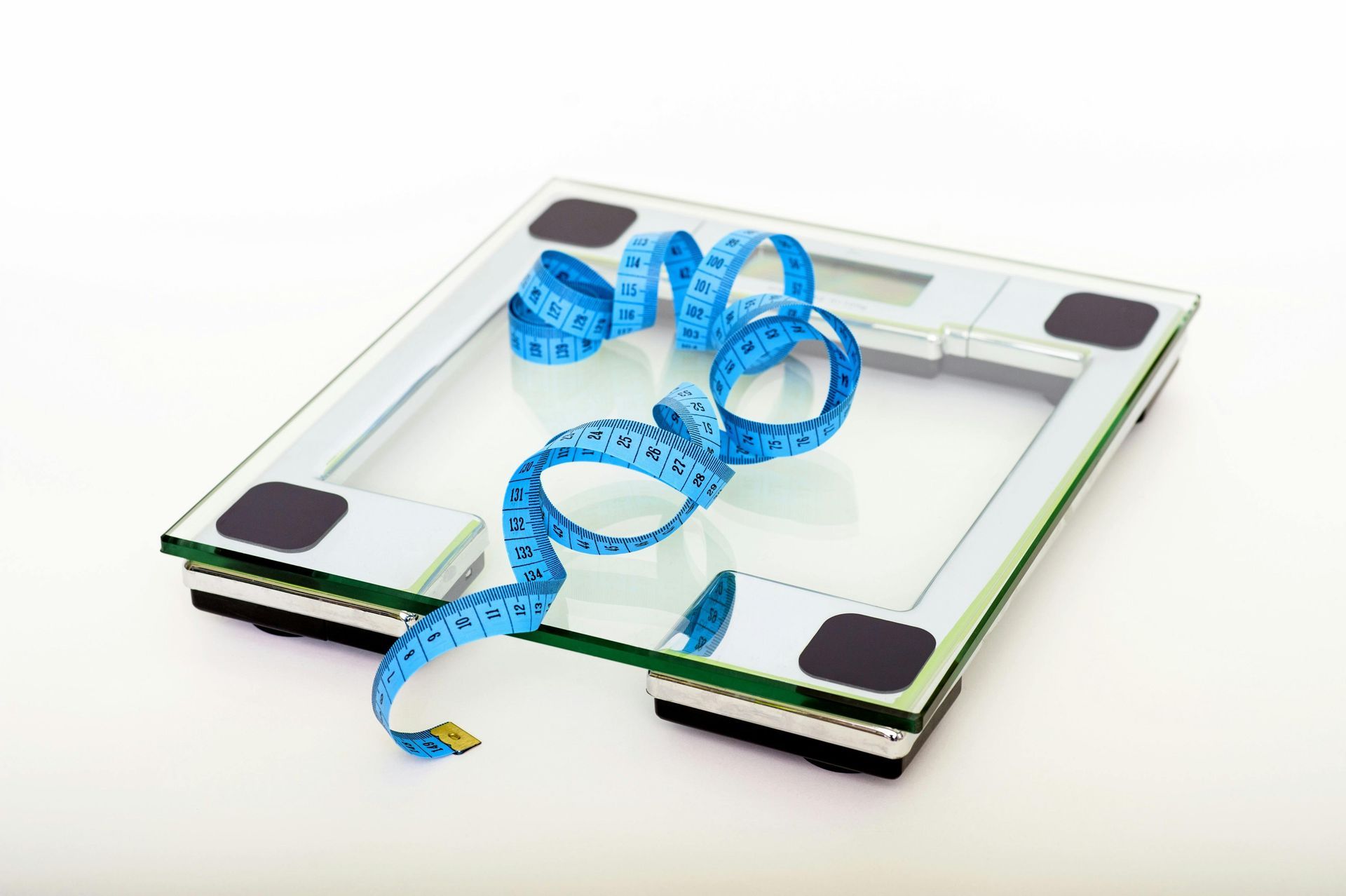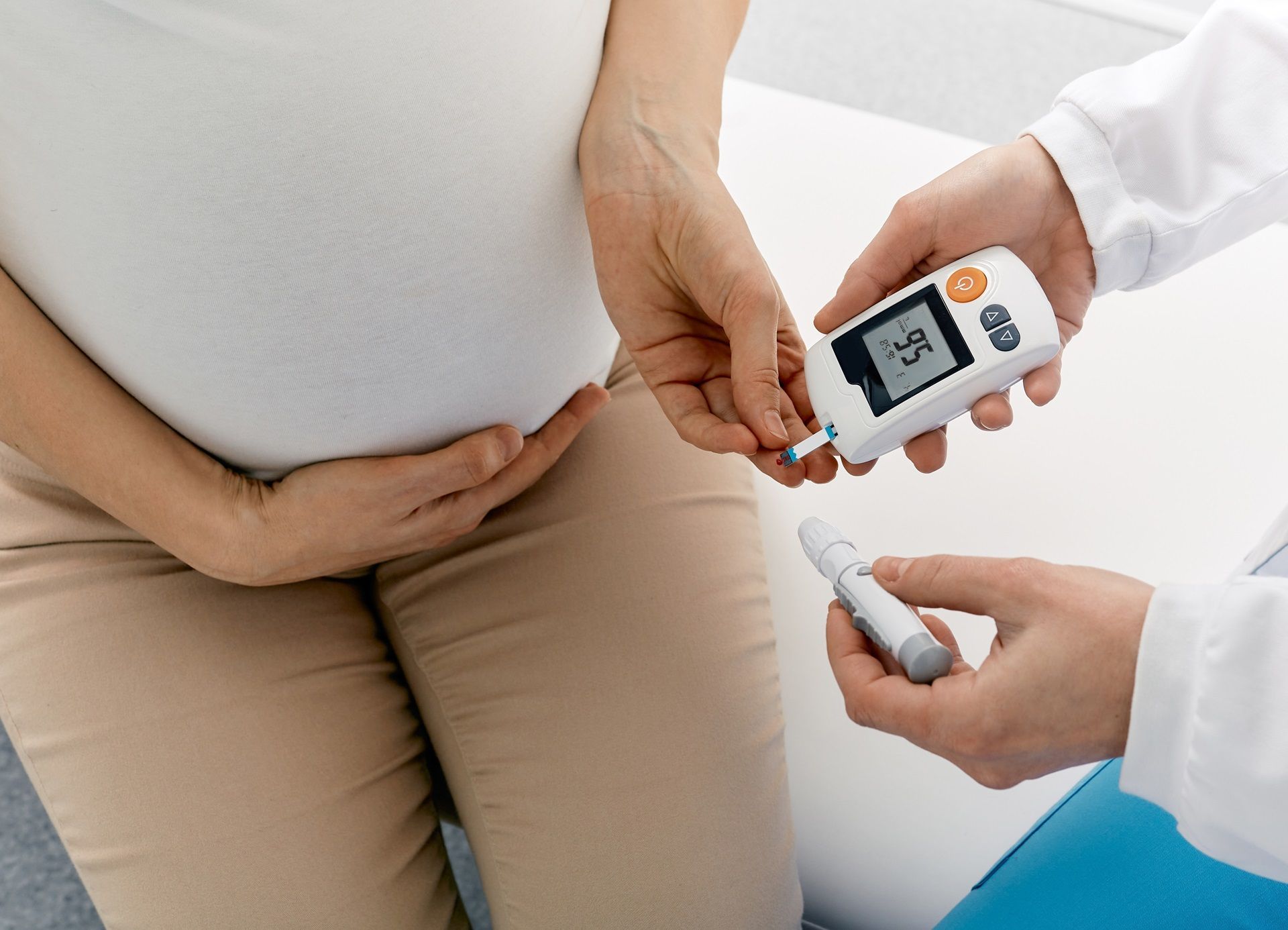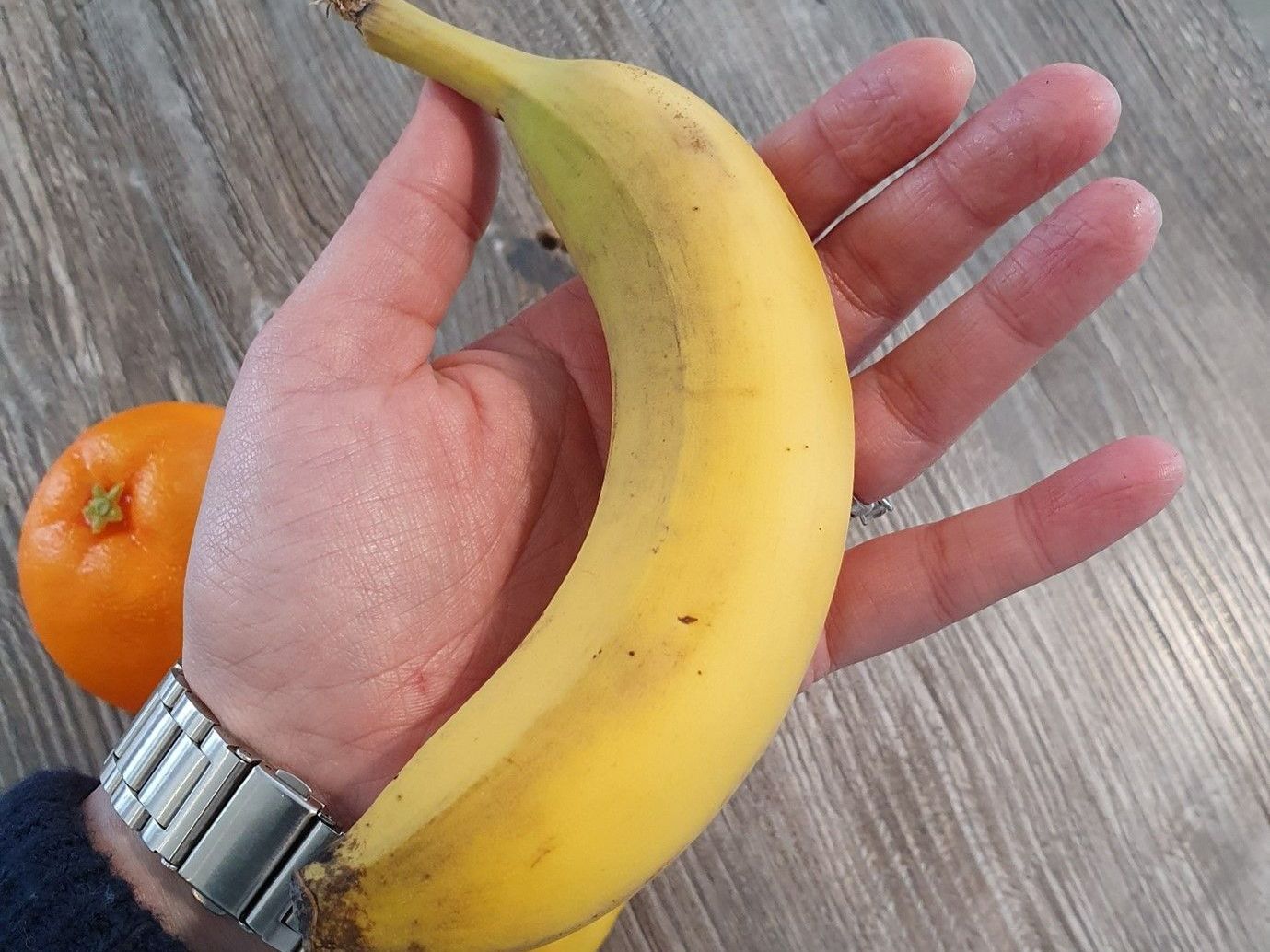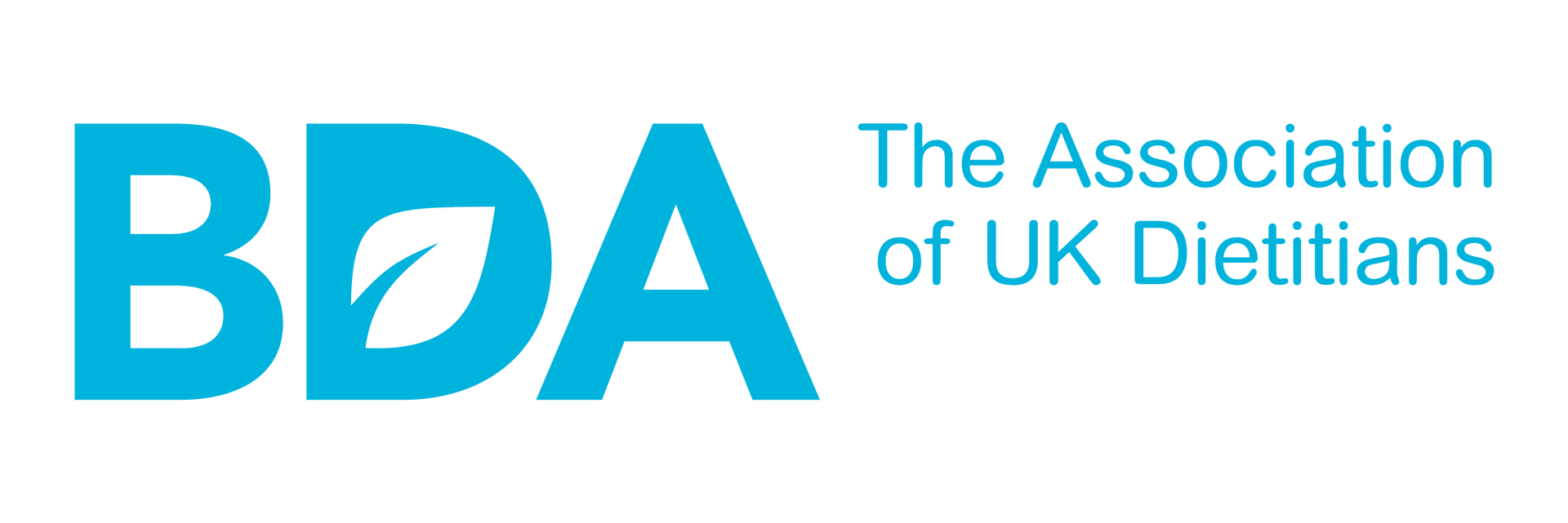BLOG
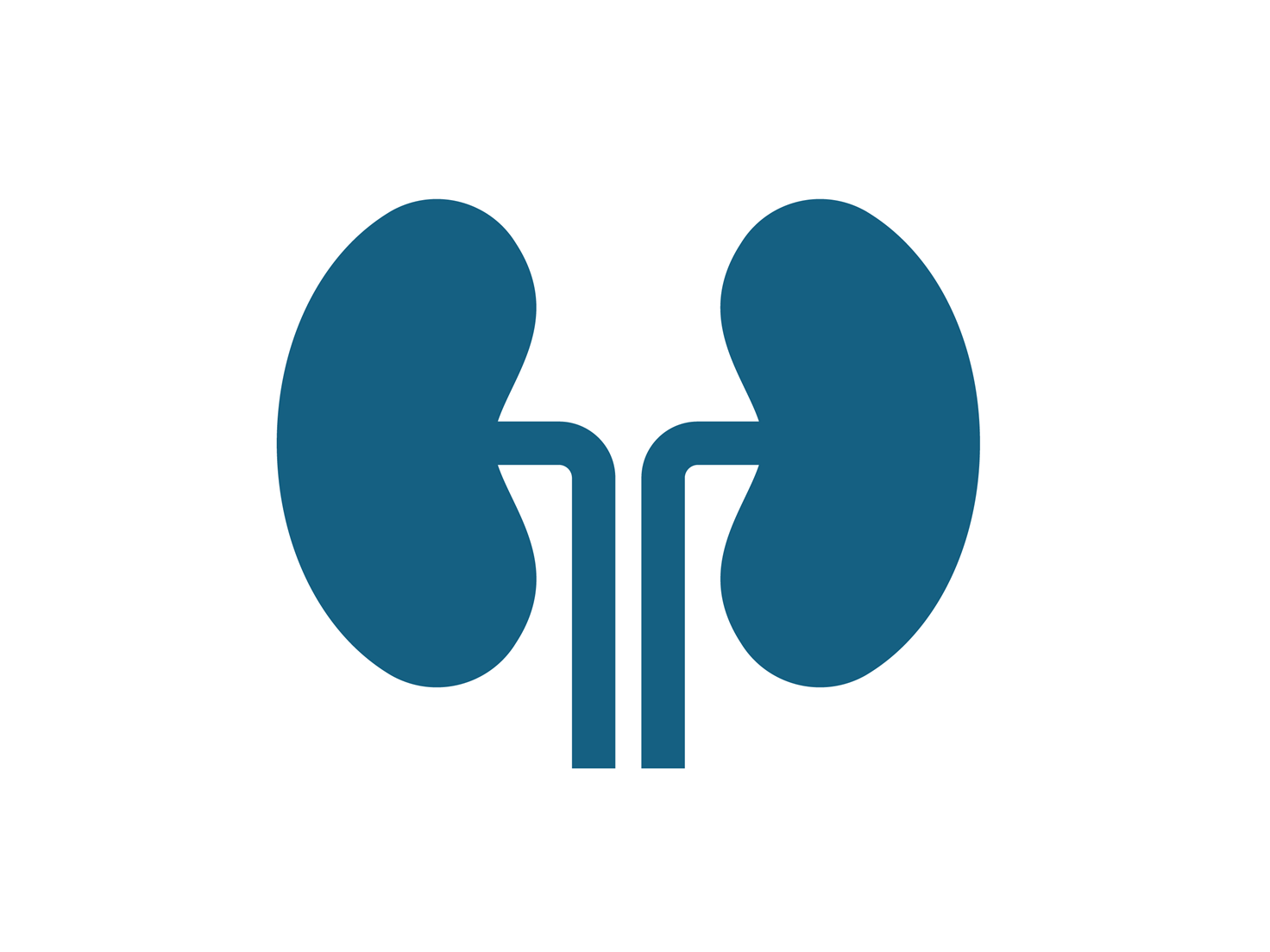
9 October 2024
The prevalence of diabetes around the world has reached epidemic proportions. The International Diabetes Federation estimated that 537 million people were living with diabetes in 2021. This number is expected to increase to 784 million by 2045. It has been estimated that 40% or more of people with diabetes will develop chronic kidney disease (CKD), including a significant number who will develop kidney failure requiring dialysis or transplantation. These are scary statistics, however the good news is so much can be done from a diet and lifestyle perspective to reduce the risk. What is chronic kidney disease (CKD)? It's a common condition often associated with getting older. It can affect anyone, but it's more common in people who are black or of south Asian origin. Also, conditions like diabetes, high cholesterol and high blood pressure put us at a higher risk of CKD. The stages of CKD are based on how well your kidneys are able to filter out waste from your blood. The stages range from very mild (Stage 1) to kidney failure (Stage 5). Stage 1 CKD: Mild kidney damage, eGFR 90 or higher. Your eGFR is above 90ml/min (normal) but some other tests suggest you may have some kidney damage – for example, you have protein in your wee. Stage 2 CKD: Mild loss of kidney function, eGFR 60-89. Stage 3a & 3b CKD: Mild to severe loss of kidney function, eGFR 30-59. Stage 4 CKD: Severe loss of kidney function, eGFR 15-29. Stage 5 CKD: Kidney failure or close to failure, eGFR less than 15. Scientific studies show that if recognised early, CKD in diabetes can be effectively slowed down. Diet and lifestyle play a fundamental part. Almost 1 in 5 people with diabetes will need treatment for diabetic nephropathy. Diabetes unfortunately remains the single most common cause of kidney failure in the UK. One of the best ways to help prevent CKD or control it is to have as good as possible blood glucose control. One of the most common blood glucose tests is called HbA1c. Having a HbA1c of 48mmol/mol or less is associated with lower diabetes complication risk. HbA1c looks at the glucose attached to our red blood cells. Red blood cells live for 8-12 weeks, therefore a HbA1c can tell us what our levels have been for up to a 3-month period.
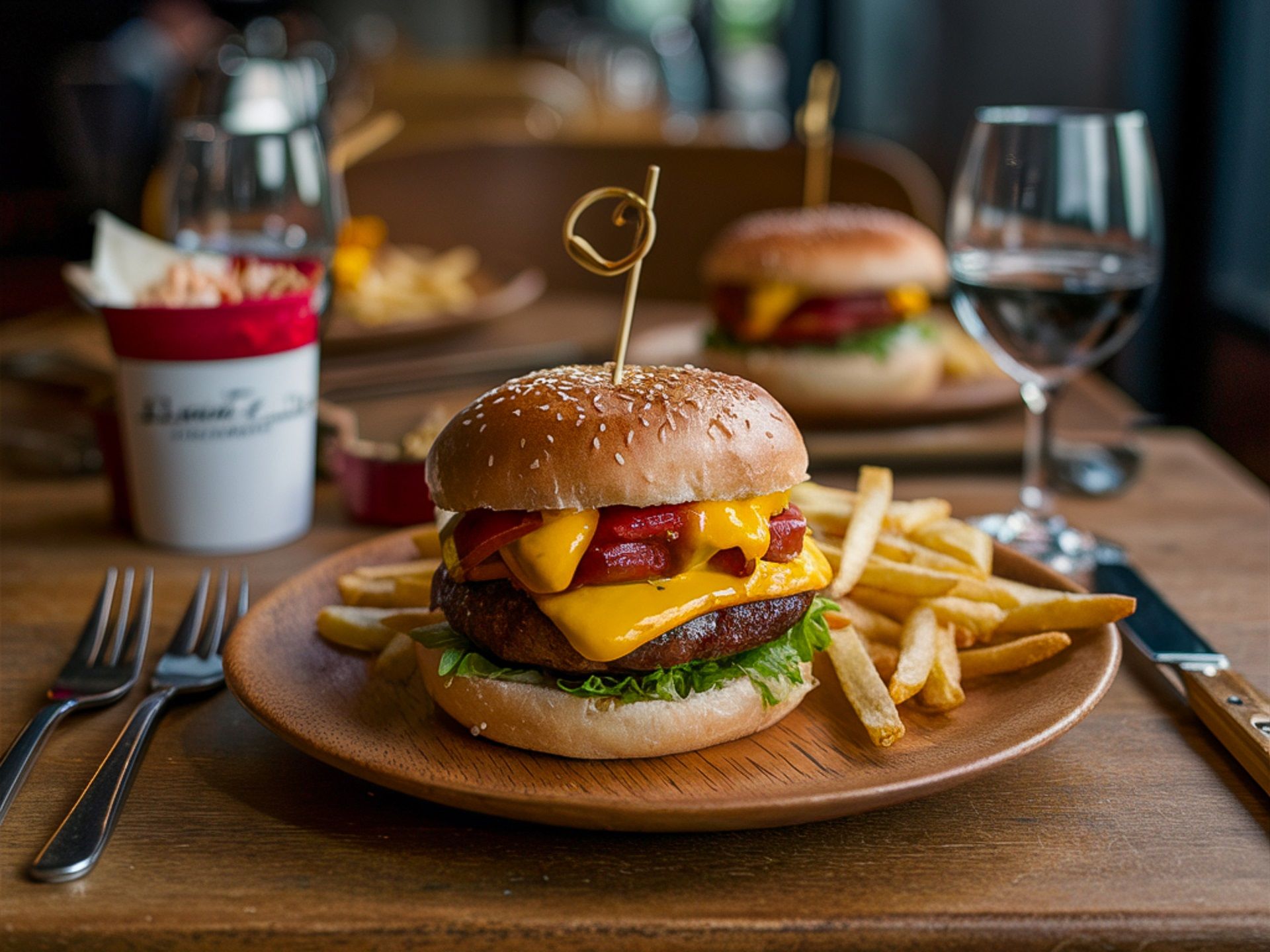
28 May 2024
The term ultra processed food (UPF) has become more popular in the media in recent years, but what is an UPF and what does it mean for those living with type 2 diabetes? Should they be avoided, or can they be included in everyday diet? The term 'processed foods' has been around for some time. Its widely accepted too much processed food, containing fat, sugar and salt can lead to a less nutritious diet. Too many may also mean we in turn consume less of the nutritious whole foods like fruit, vegetables, and wholegrains. The term UPFs is fairly new, developed by researchers at the University of Sao Paulo in Brazil. They develop the NOVA food classification system, which categorises foods/processed foods into four sections:
Send us a message
Contact Us
Thank you for contacting us.
We will get back to you as soon as possible.
Oops, there was an error sending your message.
Please try again later.
© 2025
Spooner Nutrition






